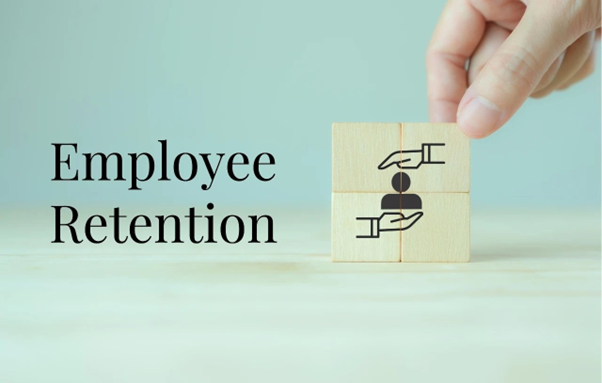Caring and Connection: How Relationships Evolve When Caregiving Becomes a Factor
Caring for a loved one is a profound experience that naturally shifts the dynamics of a relationship. Whether it’s looking after a spouse, an aging parent, a friend or another family member, caregiving introduces new responsibilities that can be both emotionally rewarding and challenging.
While caregiving often comes with stress and logistical hurdles, it also presents an opportunity to deepen bonds, foster gratitude, and strengthen connections. The love that caregivers have for those they look after remains constant—and, in many cases, it grows.
First Light Home Care state “Spousal caregivers often report feeling very alone in their roles, despite spending nearly all their time with their significant other.”
How Caregiving Changes Relationships
Becoming a caregiver can reshape the way people interact with loved ones. For some, caregiving creates a new sense of purpose and fulfillment. For others, it introduces emotional fatigue and stress that need to be managed with care and support.
- Many family caregivers report a sense of giving back to someone who has cared for them as perAmerican Psychological Association
- Caregivers who feel supported in their role experience higher emotional resilience and satisfaction.
- Maintaining open communication is key to preventing misunderstandings and maintaining strong relationships.
- Observing and accepting complex feelings such as resentment and guilt is an important part of managing internal and external conflict.
Spousal Caregiving: A Balancing Act
Caring for a spouse introduces unique challenges. The shift from an equal partnership to a caregiver-care recipient dynamic can be emotionally complex.
- Loneliness is common, even when spending more time together. Spousal caregivers often describe feeling isolated despite their constant presence with their partner.
- Maintaining a sense of partnership is important—shared decision-making, patience, and mutual support help navigate this transition.
- Grieving the loss or reprioritisation of some relationship features, such as romance and intimacy, is a way of achieving peace and acceptance of an evolved relationship.
Caring for Aging Parents: A New Perspective
As parents age, caregiving offers an opportunity to reconnect with them in meaningful ways. The traditional parent-child dynamic shifts, allowing for deeper understanding and mutual appreciation.
A paper from Bristol Uni Press found that other forms of emotional connection often emerge, from the caregiver-care recipient relationship, that brings moments of pleasure and gratitude.
Taking care of an aging parent can bring new perspectives on their life, values, and experiences, strengthening intergenerational bonds.
Recognising these shifts can help caregivers embrace the emotional aspects of their role rather than focusing solely on logistical challenges.
Emotional Well-Being: Finding Strength in Caregiving
The emotional toll of caregiving is real, but it can be managed with the right approach. Strategies such as seeking external support, setting realistic expectations, and prioritising self-care are essential.
- Caregivers who actively seek support networks report improved well-being and reduced stress.
- Emotional resilience grows when caregivers acknowledge both the challenges and the rewards of their role.
- Practicing self-care is not selfish—it’s necessary. Maintaining personal well-being enables caregivers to provide better care for their loved ones.
Navigating the Caregiving Journey Together
Caregiving inevitably changes relationships, but it also creates opportunities for deeper and different love, understanding, and connection. With the right support, caregivers can embrace these changes while maintaining their emotional well-being.
By investing in caregiving solutions like Yurtle’s, businesses and families can ensure that caregivers feel supported, valued, and empowered to build strong, resilient relationships with those they care for.
Caregiving is not just about responsibility—it’s about connection. Let’s make sure that connection stays strong however it evolves over time.
You May Also Like
These Related Stories

How Parenthood and Caregiving are Opportunities for Self-Love

Workplace Retention Strategies for a Caregiving Workforce


No Comments Yet
Let us know what you think